"Hou" Does She Do It?
"Hou" Does She Do It?
A candid interview with Canadian violin star Yi-Jia Susanne Hou where she passionately shares everything in her music world from the nearly $3-million violin she plays to her love of Elvis
View the Photo Gallery from this Concert
Meeting a Hero
I had the immense pleasure of experiencing Yi-Jia Susanne Hou in conversation and as a colleague in my work with a regional violin society I founded.
Most recently I saw the virtuoso violinist in performance of the Mendelssohn Concerto with BC's Okanagan Symphony in April 2009.
Watching Susanne play was like watching a vibrant painting being born; she was colour and light and a range of emotions and each moment was a new inspiration; a new feeling. Her skill was dazzling and true perfection, yet it did not detract from the captivating spirit of her song as can occur with more mechanical players.
But who is Susanne Hou? Classical buffs surely know her name and probably have signed copies of all of her three recordings. For the rest of us who are not familiar with Susanne, here's a quick summary:
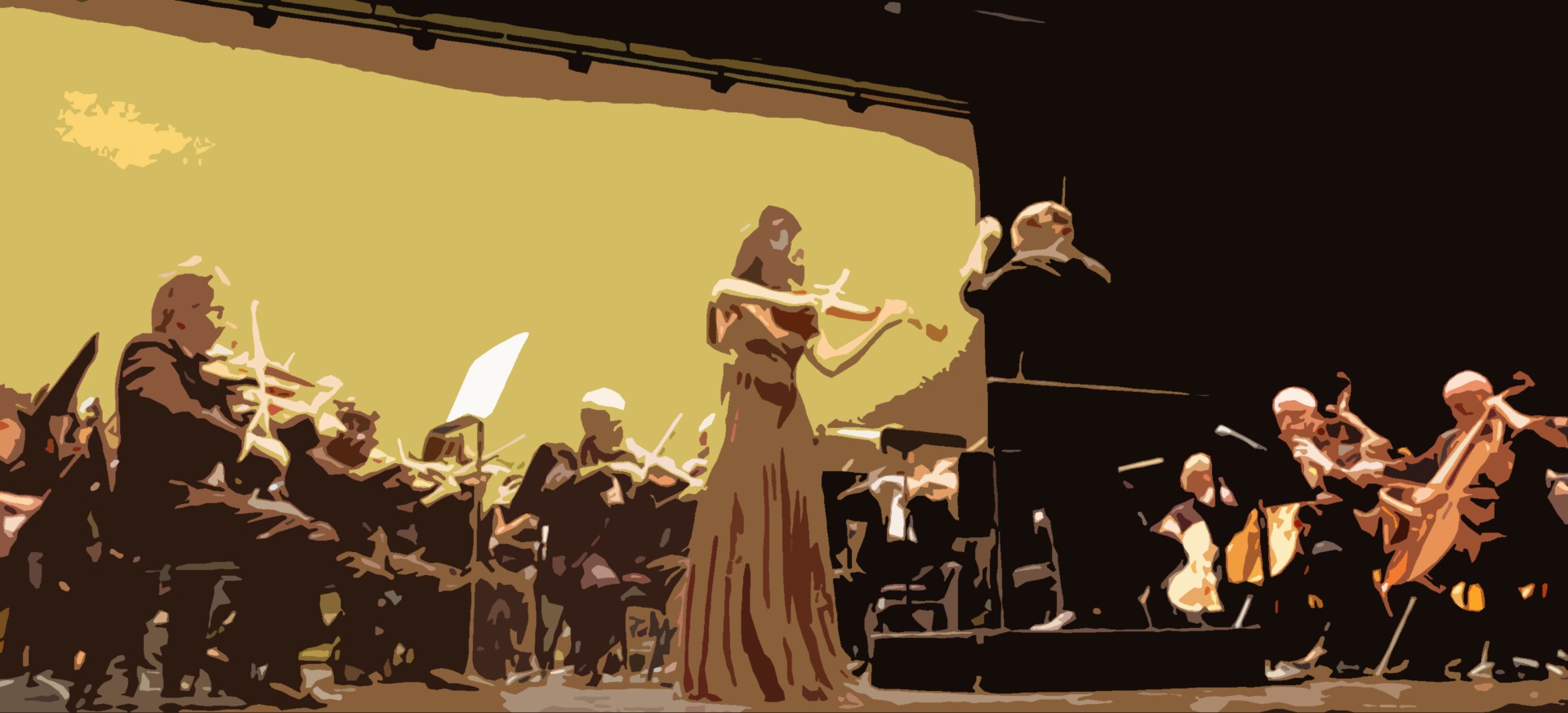
About Susanne
Susanne has won many violin competitions. She took three Gold Medals with unanimous decisions at competitions in France, Italy and Spain. She took first place awards at home in Canadian Music Competitions for three consecutive years as well as the Juilliard Dvorak Concerto Competition, the Juilliard-Lehigh Valley Chamber Orchestra Competition, and the F. Nakamichi Sibelius Violin Competition.
She also records, teaches and spends much of her time touring, but what peeks many people's interest is how Susanne was awarded the loan of the 1729 "ex-Heath" Guarneri del Gesu violin by the Canada Council for the Arts Instrument Bank Competition - TWICE.
Oh, and by the way, the instrument is valued at $2.75 million US Dollars. Now you see why people are so interested.
The Interview
So this is where we started our conversation; discussing the Guarneri she was loaned for two terms.
Rhiannon Nachbaur: Susanne, thank you for taking the time to speak with me. I'd like to start with the violin you are playing on loan. Do you have any personal feelings to share about this instrument as you have played it?
Susanne Hou: This 1729 Guarneri Del Gesu Violin is so true to my soul. It sings, breathes, paints, and lives my expression. I believe violins are very much alive.
RN: Do you know any interesting history on this "ex-Heath" violin?
SH: My violin was not played for many years before it was loaned to the Canada Council Instrument Bank; I like to imagine it was just sleeping for 30 years...awaiting an artists hands to bring it to life...
RN: So, what other violins have you played in your career?
SH: I've been incredibly fortunate in my life to play on extraordinary violins such as the 1692 Avery Fisher Stradivari, which I played 6 years during my Juilliard studies.
Also a 1729 Pixis Guarneri Del Gesu, Cathedral Stradivari, Duke of Alba Stradivari, Lady Tennant Stradivari, Ruby Stradivari.
And of course all the beautiful violins in the Canada Council Instrument Bank including the Taft Stradivari, Baumgartner Stradivari...really amazing violins.
But violins are very personal, and when you find the right violin, it's like falling in love...and I knew from the moment I picked up my Del Gesu that we were right for each other. It perfectly captures my voice and responds with warmth, mystery, and power.
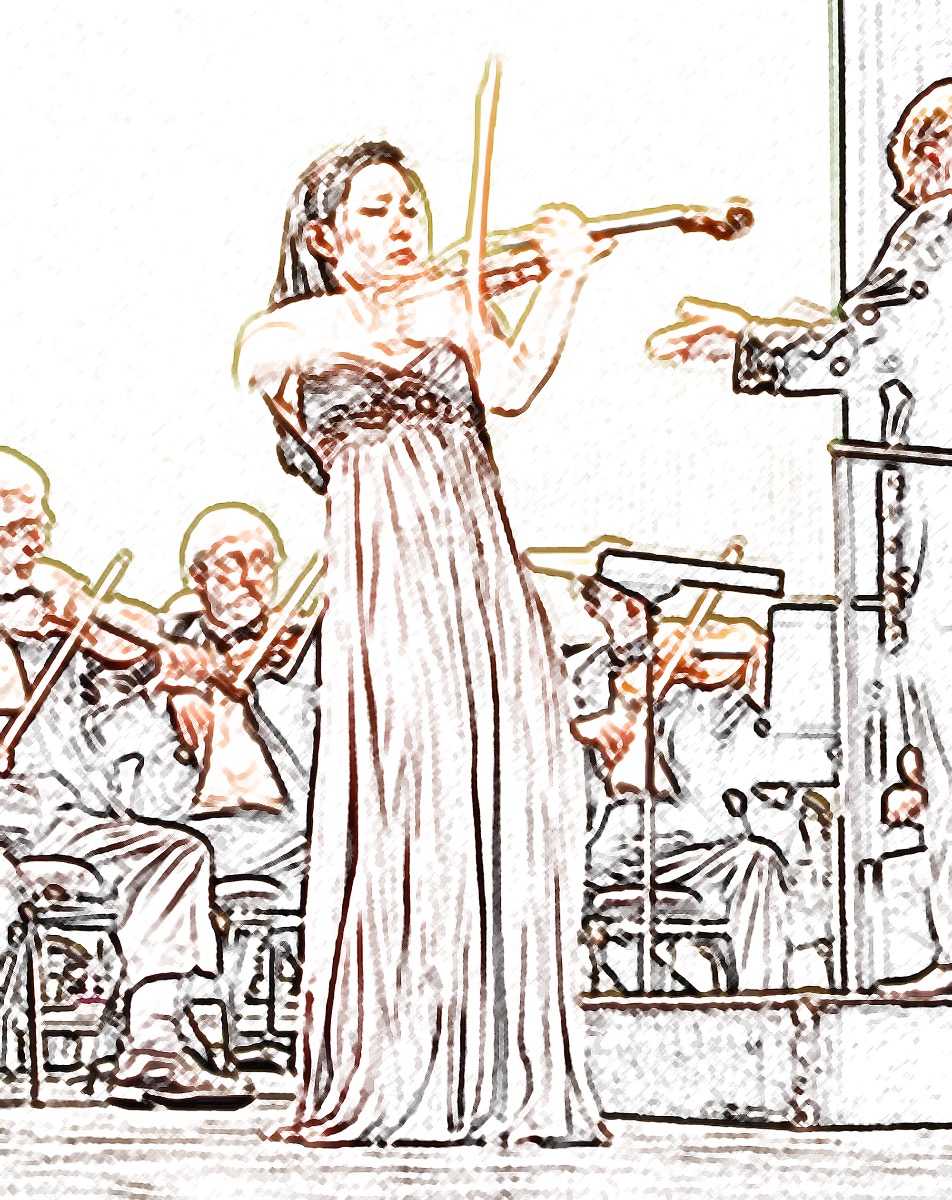
RN: Do you remember your very first violin and would you describe it to me?
SH: My very first violin was made for me by my father! We could not find a violin small enough for my hands, so he carved one out of a firelog he saw at my uncle's home which happened to be Canadian maple.
It still sits in our family room on display.
RN: I must add how incredible it is that you play your father's bow with that incredible Guarneri. So, viola players around the globe want to know: do you or have you ever played viola?
SH: I've tried a viola or two before but I've never learned to play one really. If you know that my hands are too small even for violin...imagine what viola would be like!!
RN: You have earned many prestigious awards and turned heads with your successes there. But I wonder, could you share your thoughts on competition in music. How it has driven you to excel?
SH: I do not believe in competitions in any form of art. However, competitions offer a platform for you to perform, to be heard, to gain experience, to push yourself to be the best you can be, to find yourself.
I've learned a lot about music and myself through competitions, not because of the competitive nature or the fact that I won the competitions (lucky me!) but because they gave me the opportunity to have a stage and learn from those experiences.
I have also never gone to a competition to win. Perhaps that's why I won them all. Murphy's Law?!
RN: When you were young, was there something you dreaded to do in practice? Like scales or exercizes?
SH: There are always etudes and studies in our musical career which seem boring or uninteresting musically which are difficult to practice, but I always keep in mind what my goal is.
RN: What goal keeps you motivated?
SH: My goal has always been to have technical proficiency and security in order to express everything and anything I want to through my music. Without technique, you have no way of accurately expressing yourself.
Thus when I think of that, I know it is the foundation on which I build my world.
RN: It's funny to share this with you, but upon the start of the second movement of the concerto, you know, that sustained note played by oboe, I noticed the 9-yearold young violin student beside me stir in his seat, looking bored and waiting for the "fast stuff" again.
Did you enjoy concerts as a child? Were you the kind of child who preferred the "fast stuff?"
SH: I believe there is a time in our life for action, and a time for reflection. Active 'fast' passages are stirring, exciting, adventurous. And the 'slow' melodic moments are time to breathe, to reflect, and allow your imagination to grow.
I've done a lot of outreach with young children and students and whenever I play a melodic song or movement I've asked them to close their eyes, turn of the lights, and allow their imagination to come alive.
Then I've asked them for what they dreamed up, and discovered they have the most wonderful ideas!
RN: Did you ever have to re-learn technique when changing from one teacher to another?
SH: I was incredibly fortunate to have my father as my first teacher. He practiced with me every day and did not let me veer from the right path - ever! Thus I never had technical obstacles in my career.
However when I played the Avery Fisher Stradivari at Juilliard, that was the most challenging period for me. Strads react very differently, and they require a certain coaxing playing style. It took me quite a while to find the colours and expressions I wanted through that Strad. Three years in fact!
RN: You play many of the time-honoured classics in the repertoire, such as the Mendelssohn and the Paganini Caprices, all the big works. I wonder, do you ever change your bowings, fingerings, tempo or general interpretation/feel of a piece by your mood or any outside influences?
SH: I change some bowings and fingerings now and then, and my interpretation is certainly different depending on my life and experiences surrounding the performance.
Every time I perform a piece, no matter how many times I've performed it, I am convinced that THAT interpretation is the only version possible. Then it changes the next day. (She smiles and laughs).
RN: I assume you lead workshops, but do you ever teach privately?
SH: I love teaching. I had a small studio in NY but I could not keep it due to my touring schedule. Students need regular care and I could not do that for them.
RN: What do you think of teaching violin?
SH: I find it one of the most rewarding experiences. Sometimes I teach (students) things I forget myself.
RN: Any exciting projects coming up? I assume you intend to compete for the del Gesu again this year.
SH: I am extremely depressed to say that I am unable to compete for the Del Gesu this year. There is a maximum number of 2 terms you can have on each instrument and my 2 terms are up. I am recording a final solo album this summer at Glenn Gould Studio to say 'farewell.' Until then, I will enjoy every moment I have...
"Adoration," the Atom Egoyan film I performed all the violin solos on is out in theatres today! And the reviews from Hollywood Reporter & NY Times are fantastic. I'm so pleased!
RN: What's on your iPod right now?
SH: I have perhaps the most eclectic music collection on my iPhone right now. I have everything from my favourite recordings from Kreisler, Heifetz, Rostropovich, Oistrakh... a lot of oldies... to Elvis and the Gypsy Kings!
I find there is so much inspiration in the world... I love being emmersed in culture.
RN: I have to ask this because I write for a magazine that covers all genres. Oh, who am I kidding. Honestly I'm torn between a love for Beethoven and Led Zeppelin: Do you have any musical or artist influences outside of the classical music genre?
SH: I seriously love Elvis. Not like most girls love Elvis. I just find him to be incredibly inspired, original...he had a luscious voice, and he was highly emotional and spontaneous.
I am not certain what part of that influences my music but I certainly intend to transcribe some of his songs for fun!!
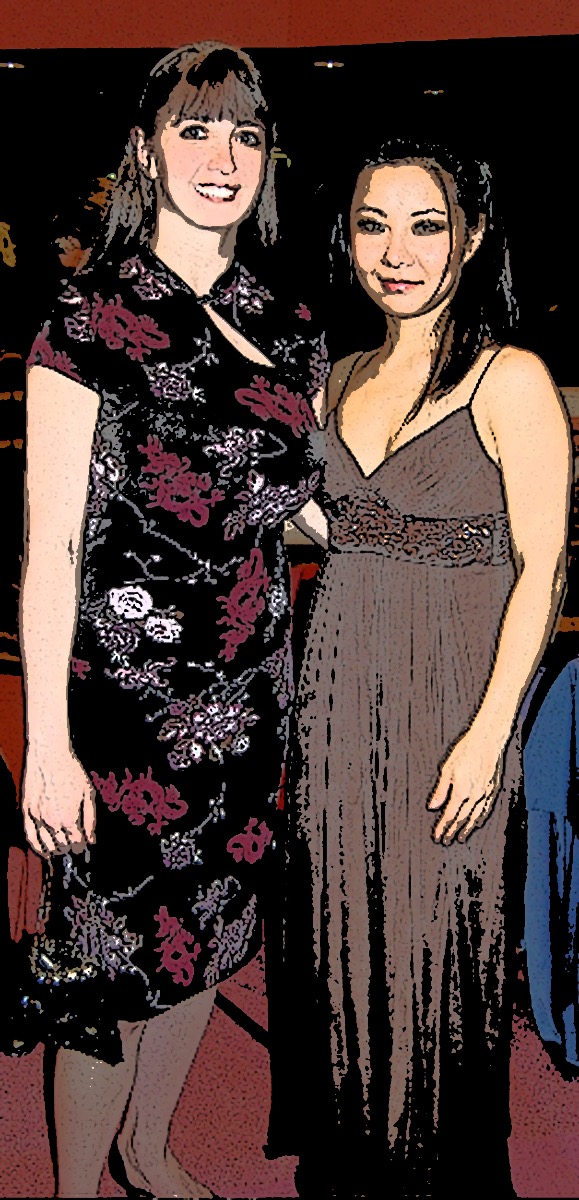
RN: Would you share where you think classical music in Canada is headed in the 21st Century? How about worldwide? Is the future bright or is major change needed to keep classical alive and in the concert halls?
SH: I believe classical music (and music in general) is headed back to its organic roots. It has become too elitist and removed from the audience. When all this music was written, musicians would perform in family rooms, saloons, churches...immersed in the community and people. Now it's on top of a stage and the musicians are anonymous.
I'm doing everything I can to reconnect with my audiences and I've heard from so many of them that they truly appreciate it. I am sharing my innermost feelings and thoughts with them through my music...so they should know who I am!
RN: Where would life have taken you had you not played violin?
SH: I cannot imagine my life without music and art. If there wasn't a violin in my life, there would be another form of artistic expression I'd pour my soul into.
However, I have always been fascinated by physics, and I love mathematics! Perhaps I would have ventured into those areas because scientists also marry creative and analytical thinking. And I believe both art and science seek the truth.
RN: Any closing thoughts or feelings you can impart?
SH: I believe music and art has the power to bring people and cultures together and give us a deeper understanding of each other and humanity. I am tremendously honoured and humbled to be an artist who is dedicated to delivering this bond.

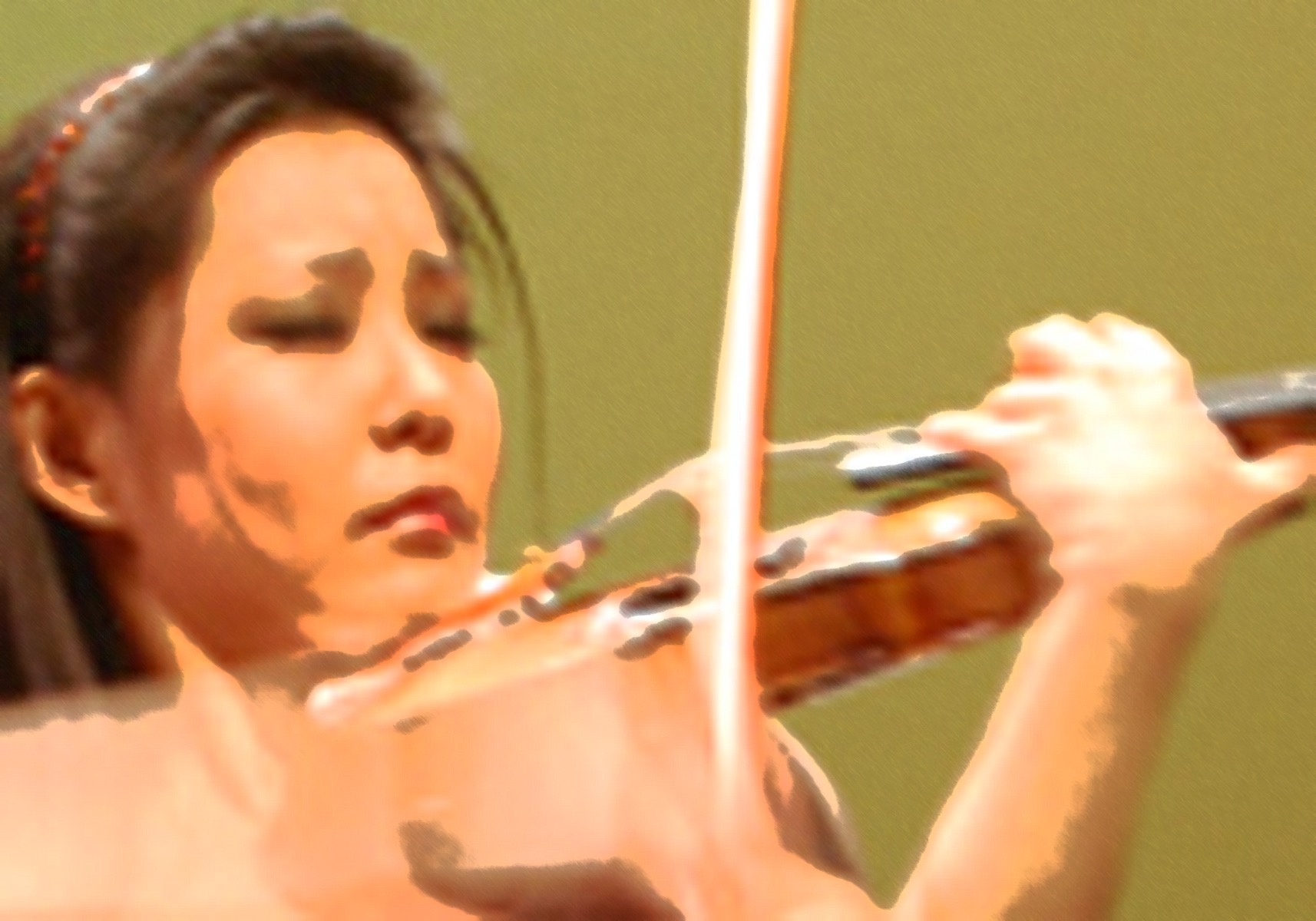
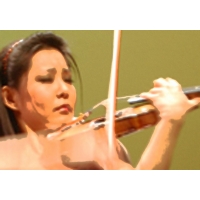
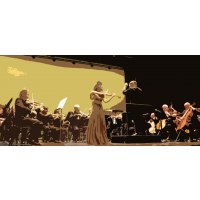
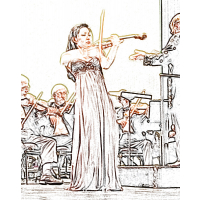
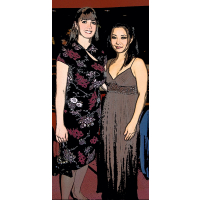
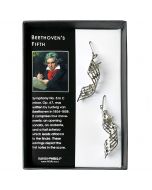
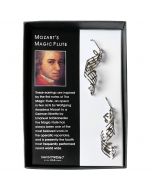
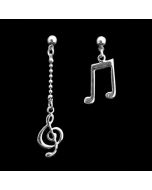
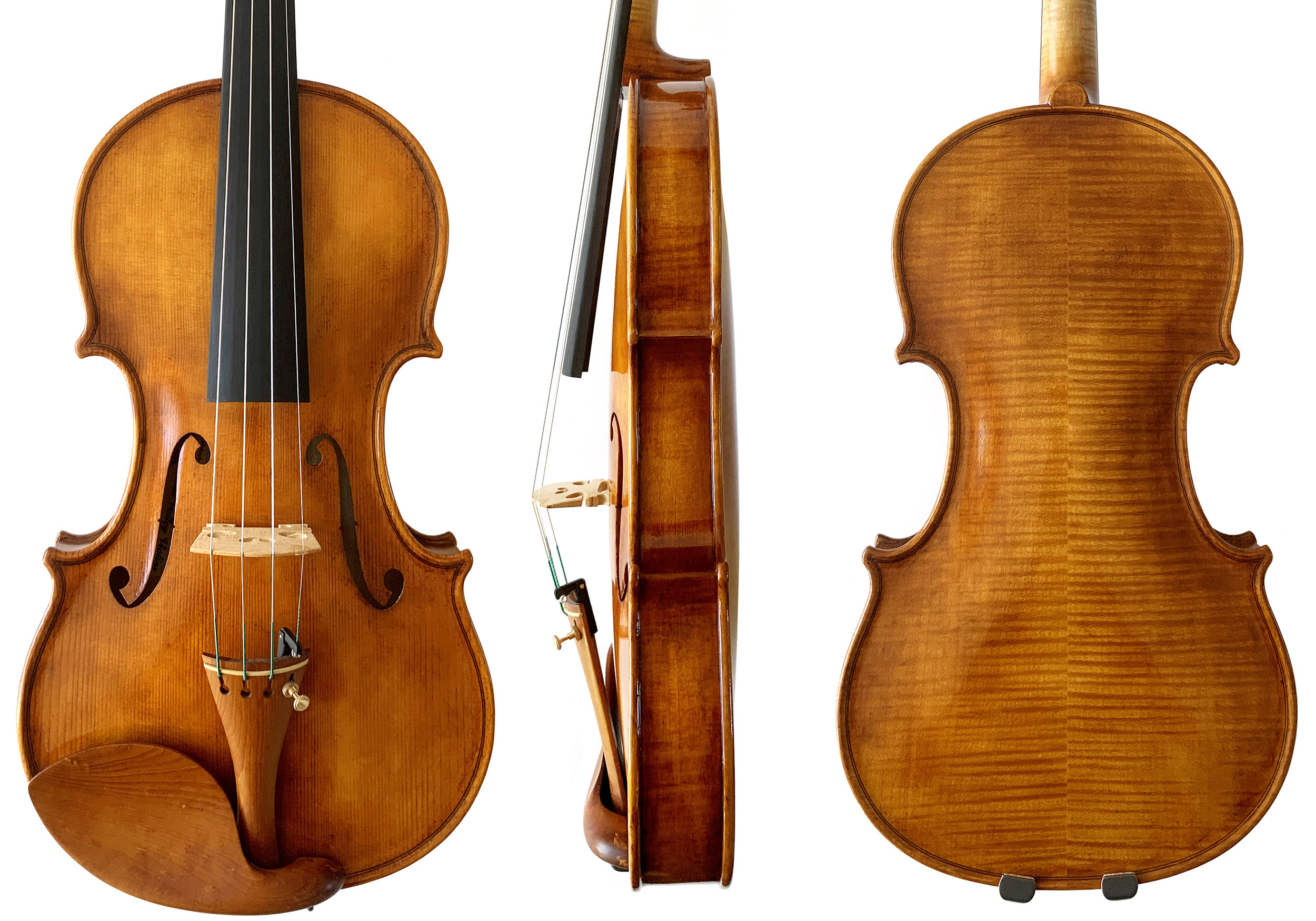
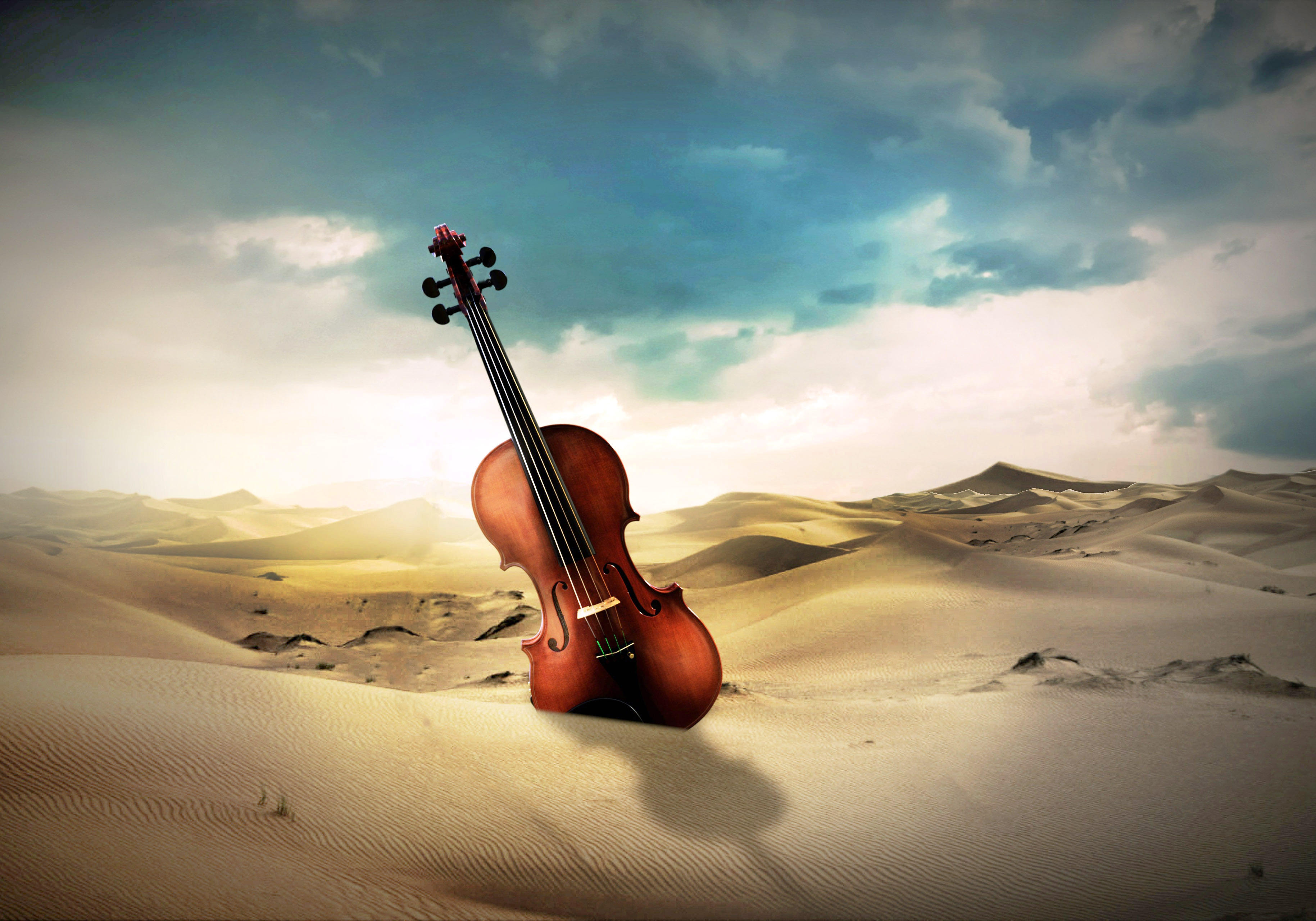
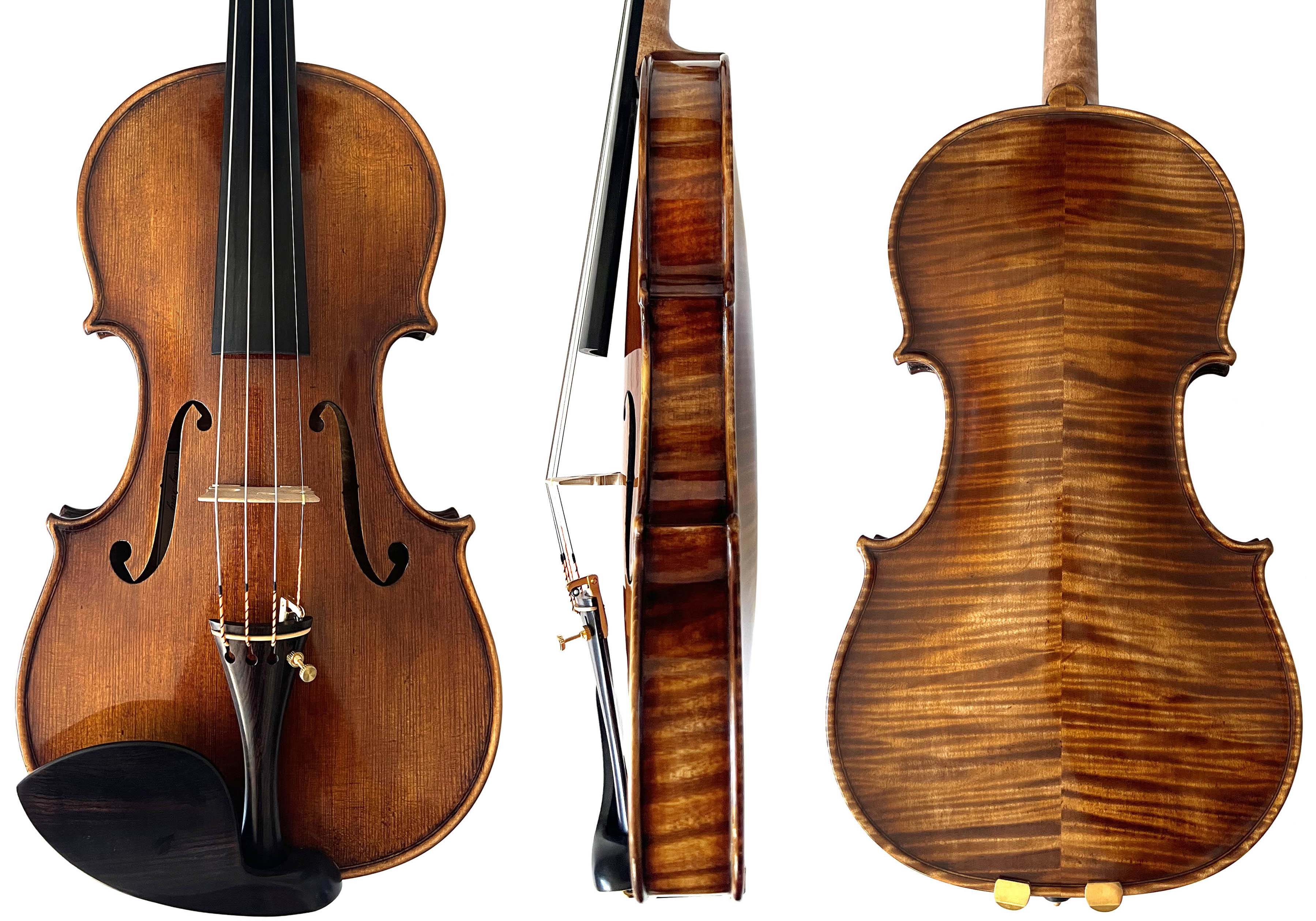
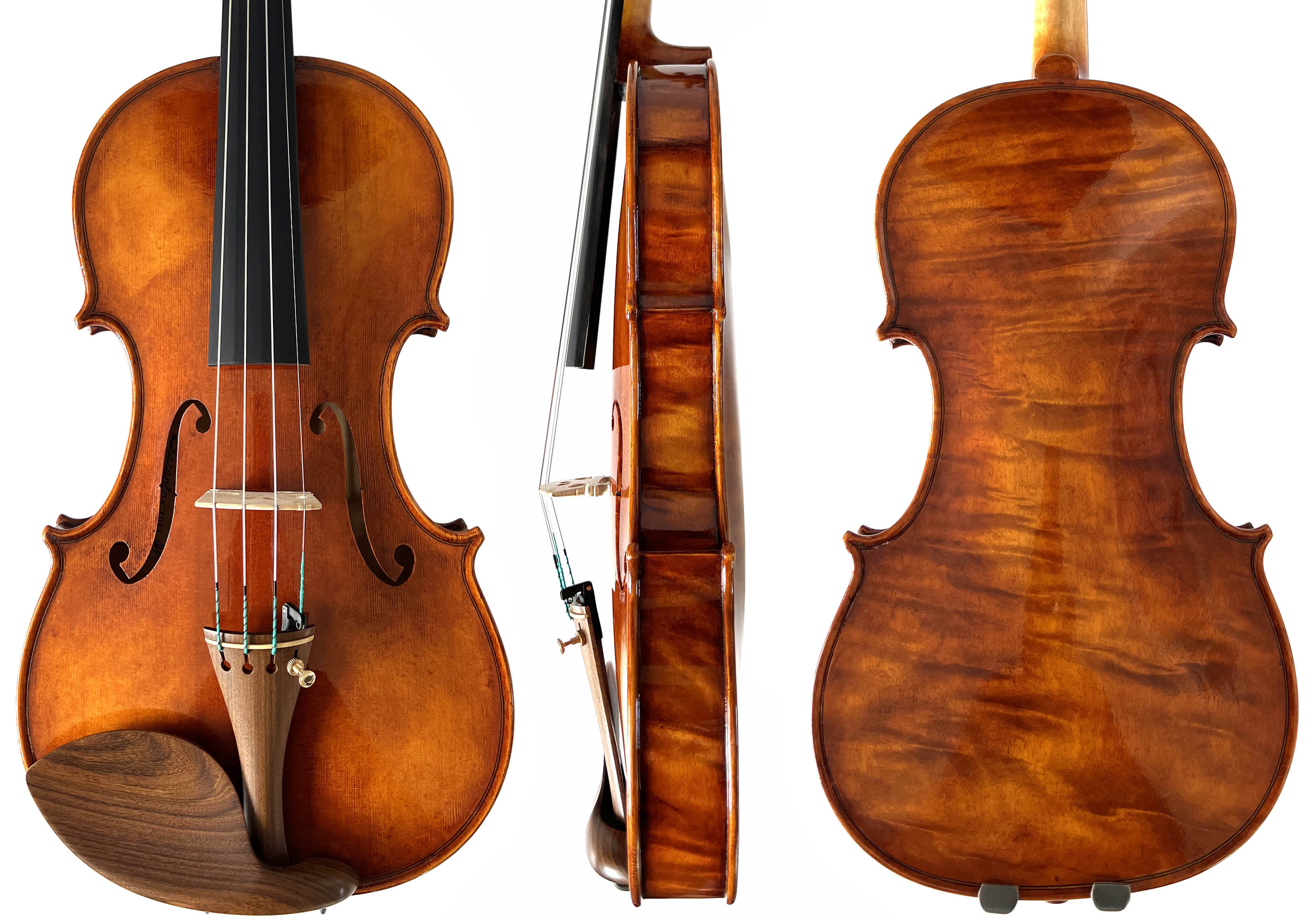
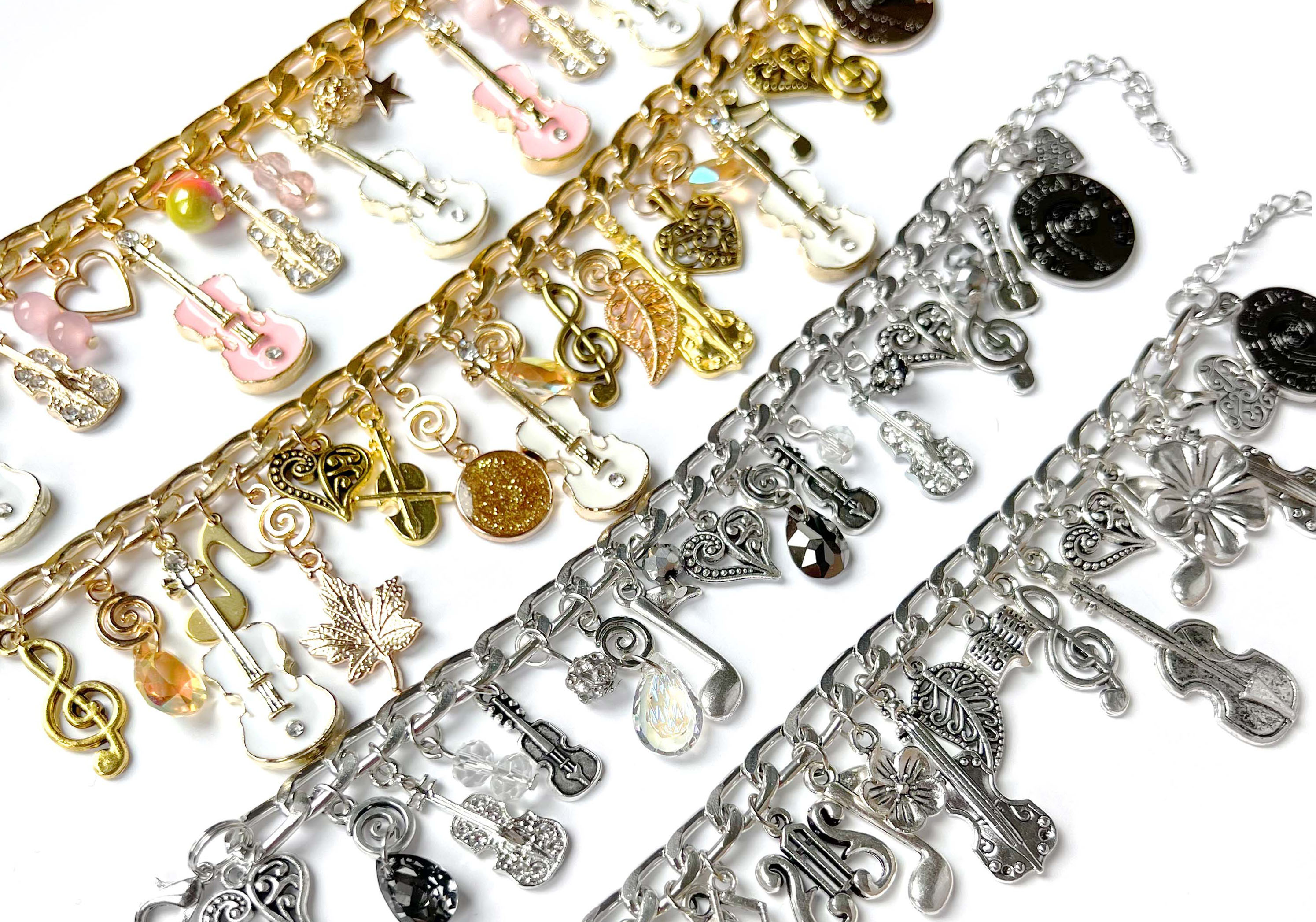
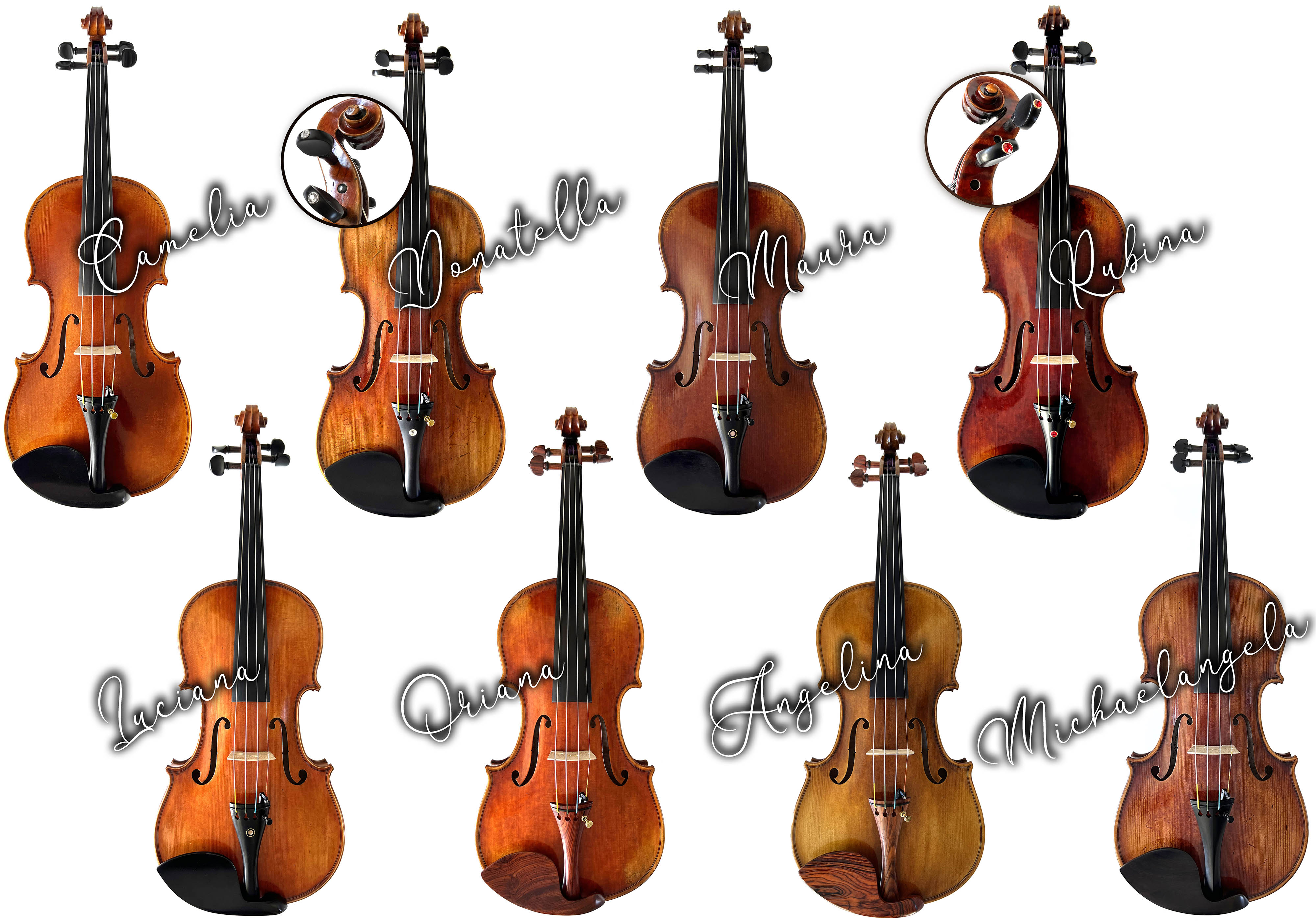
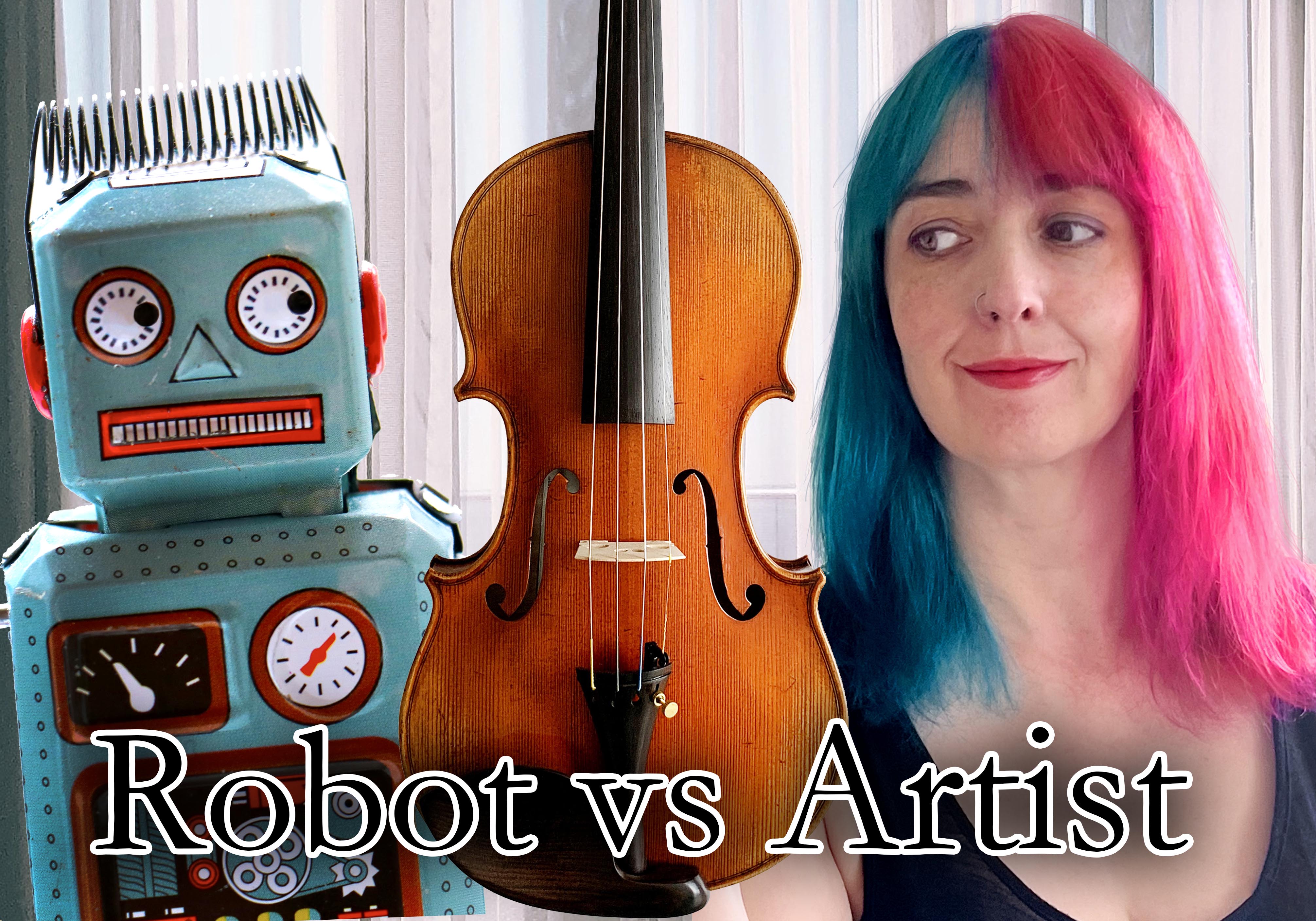
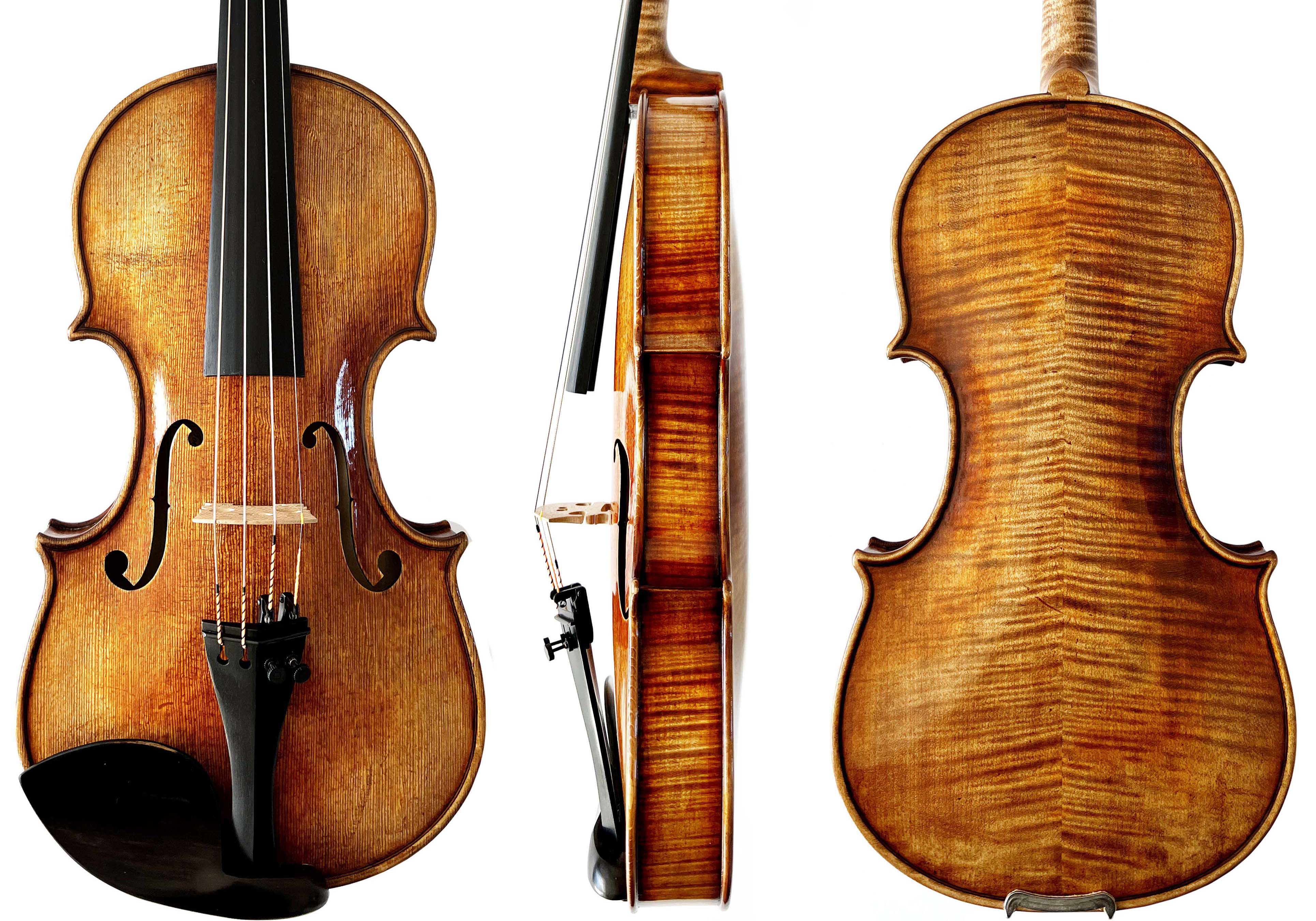
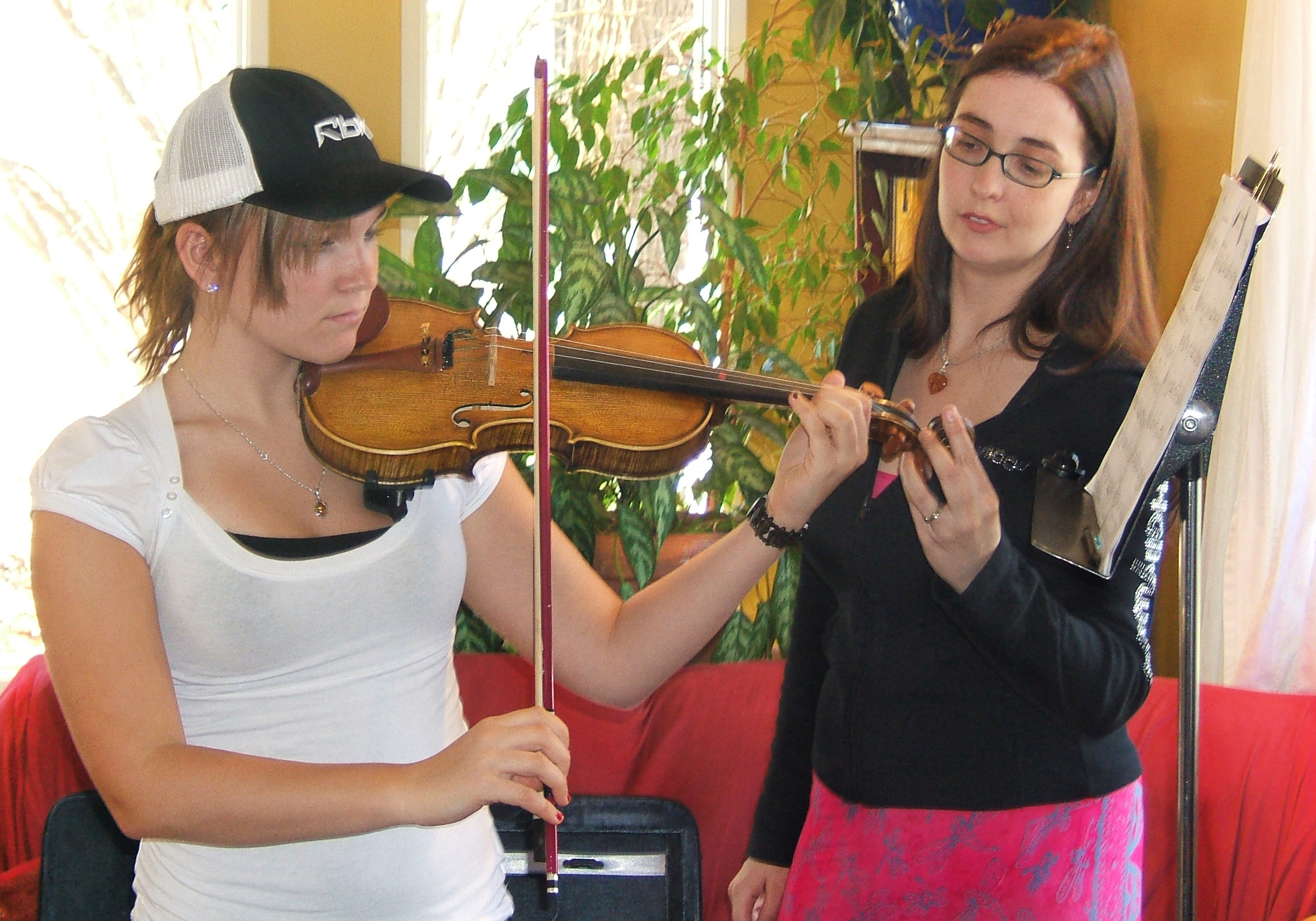
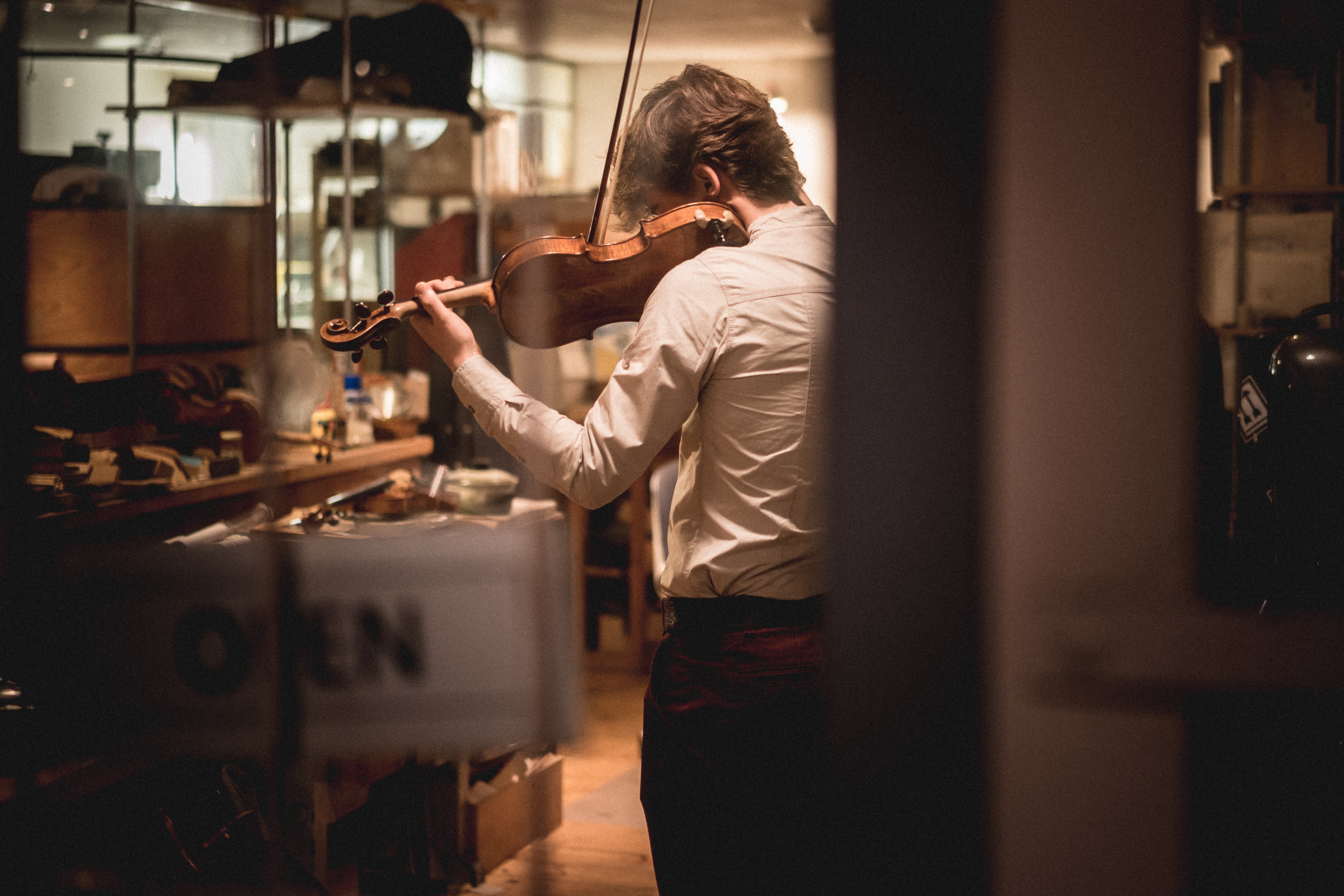
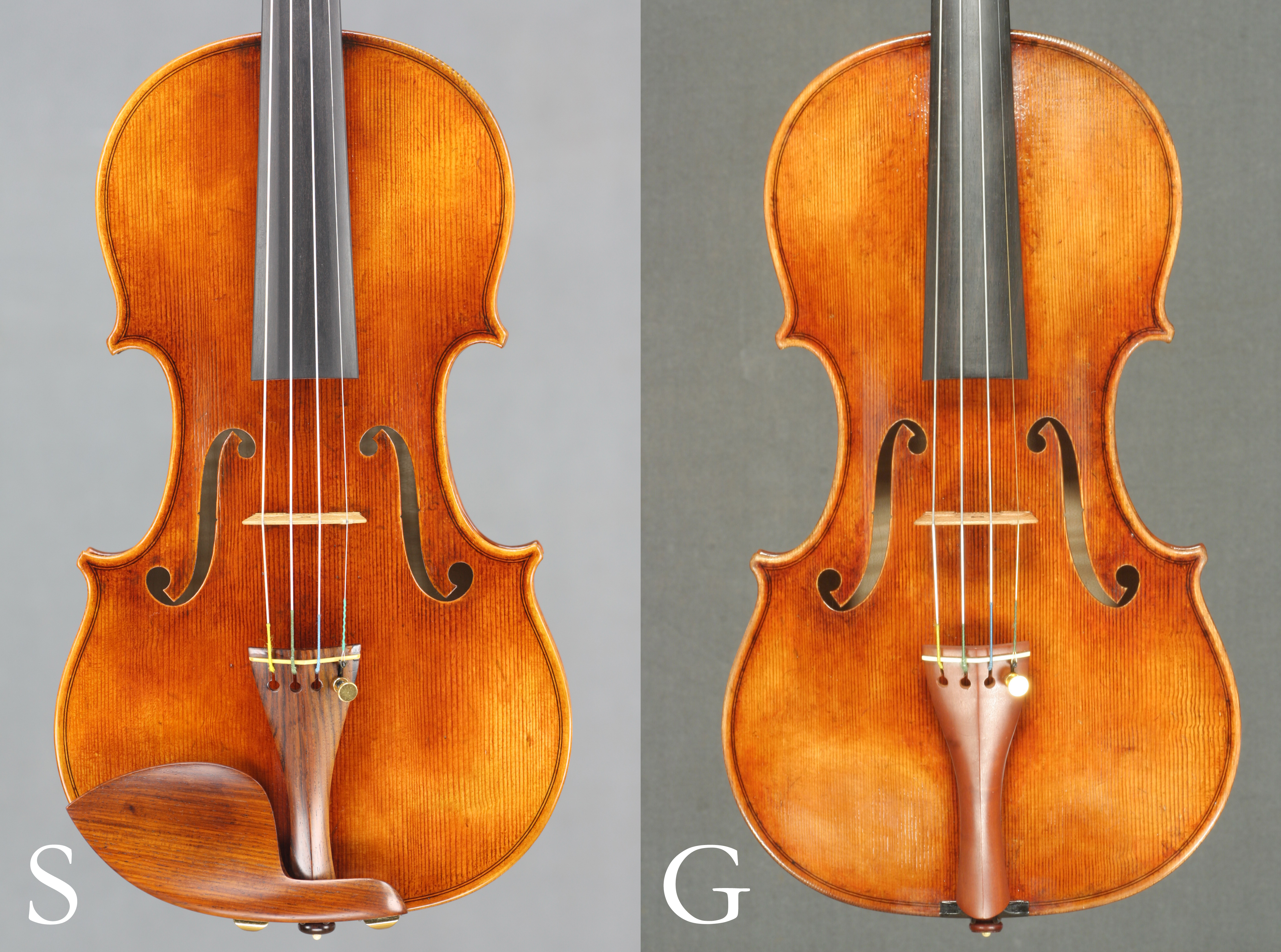
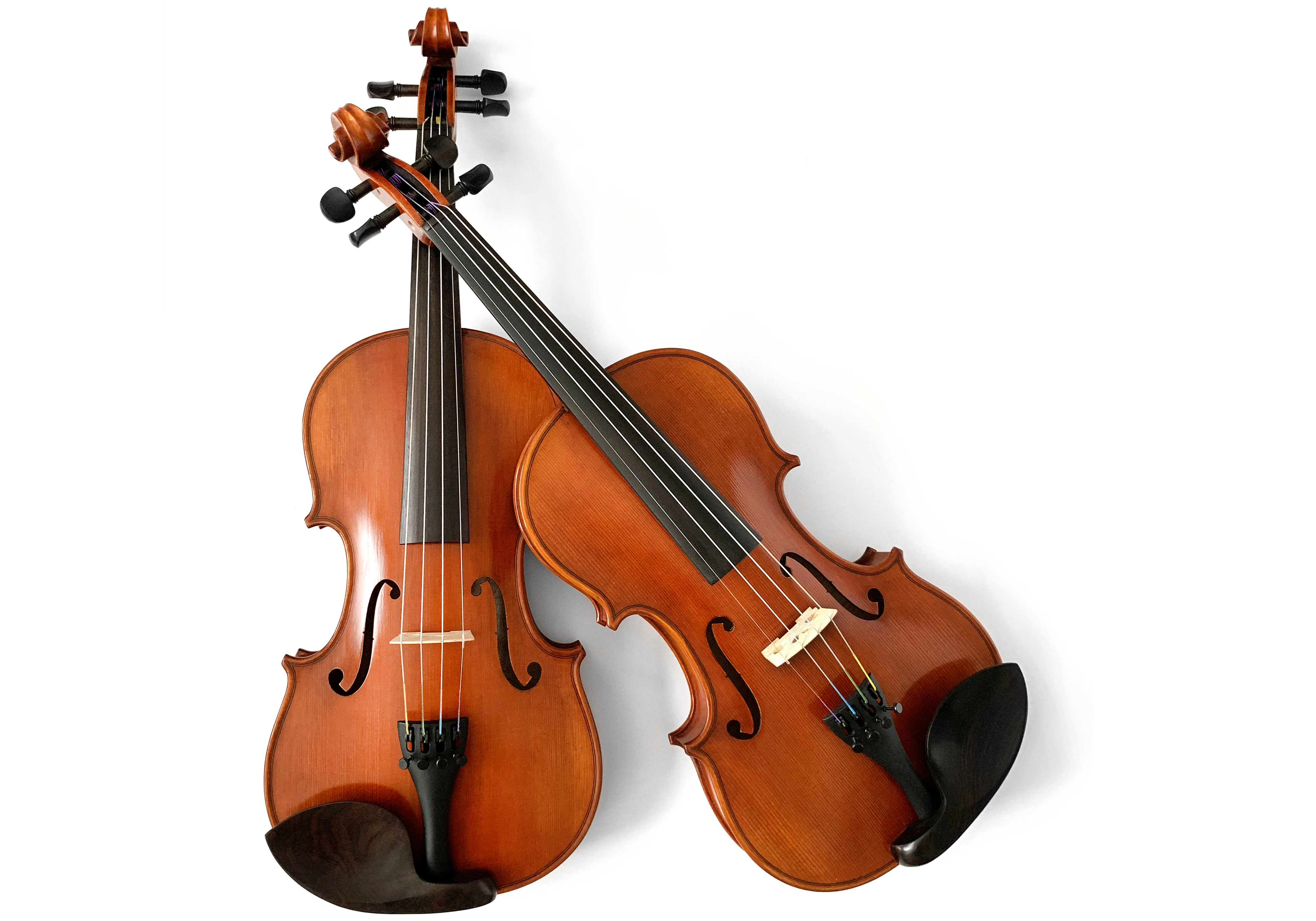
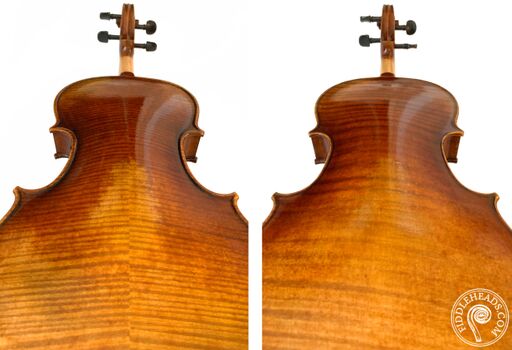
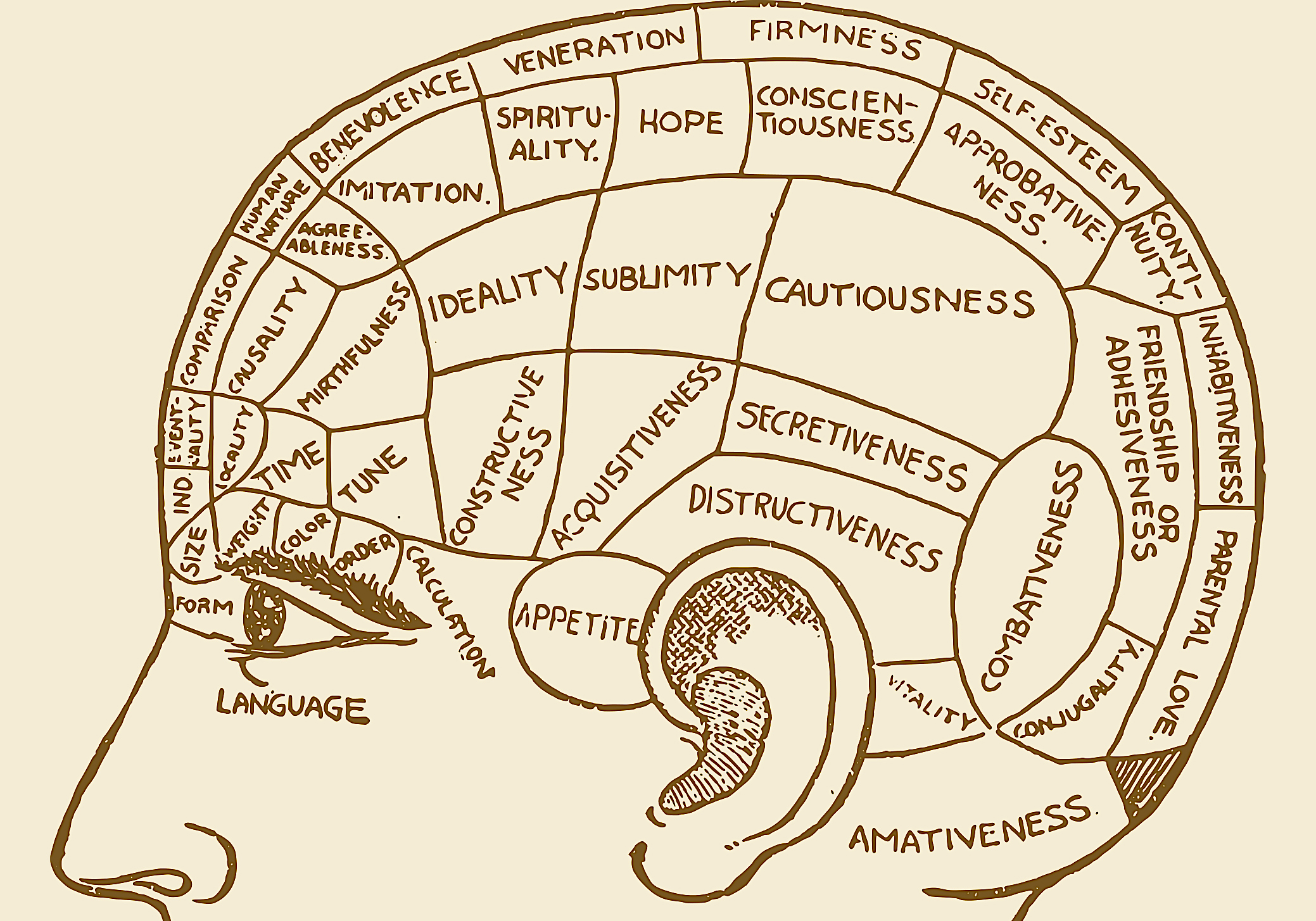
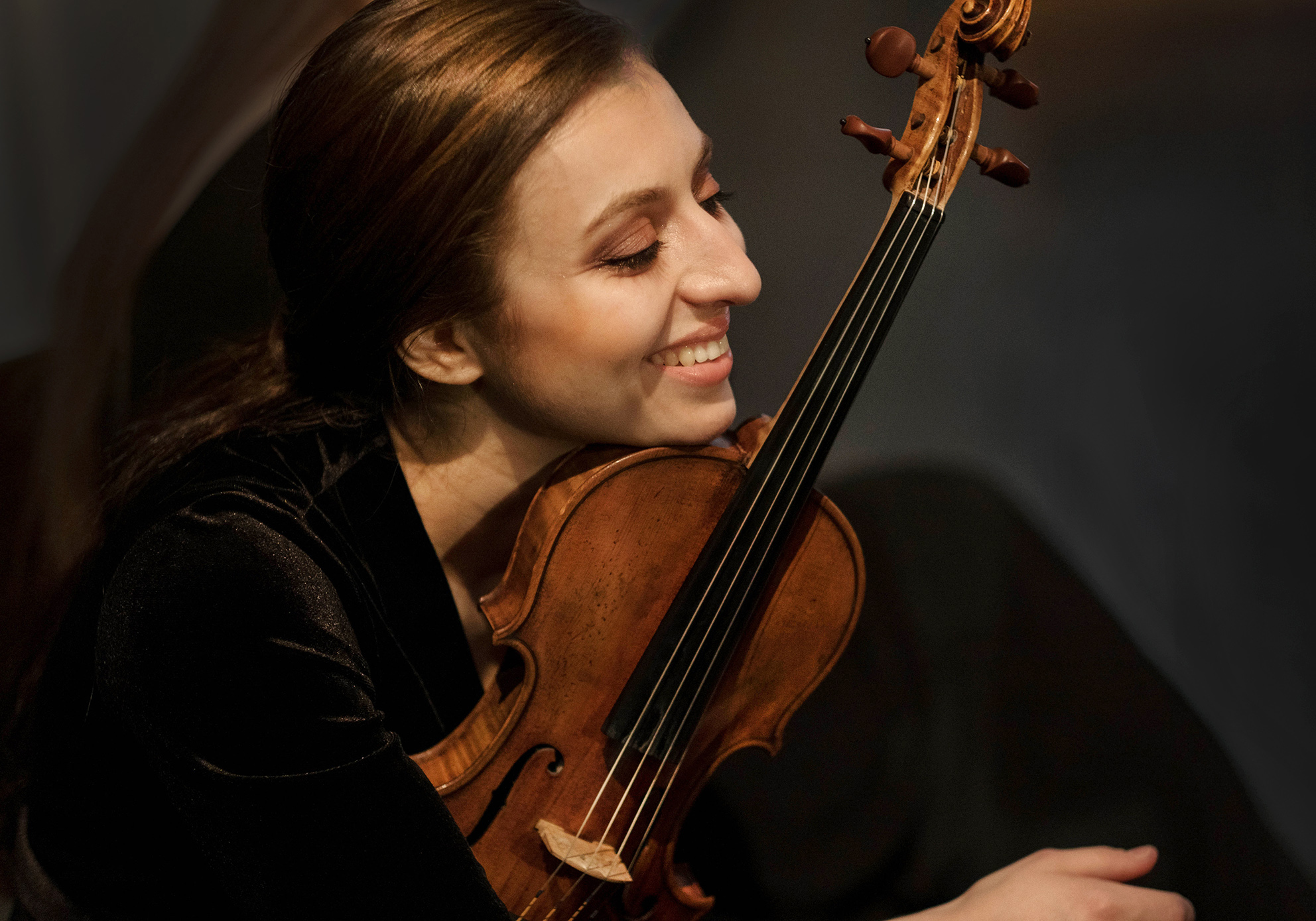
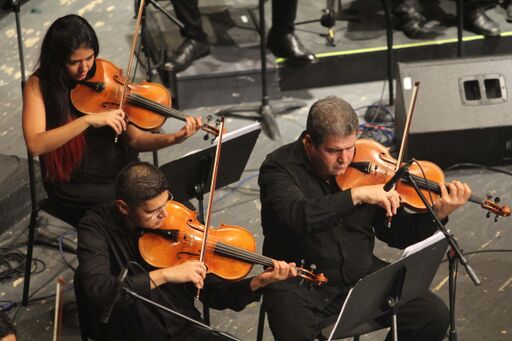
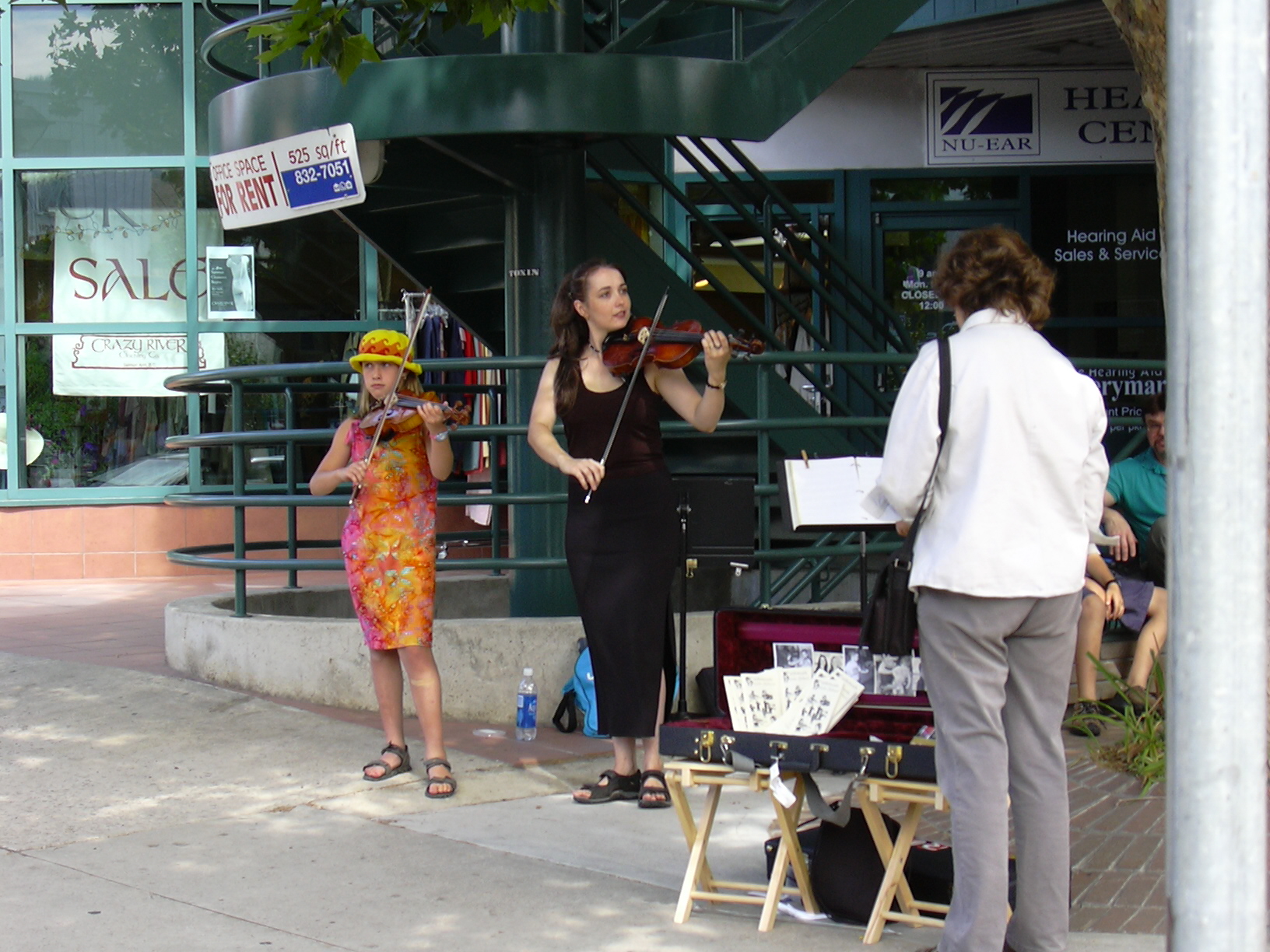
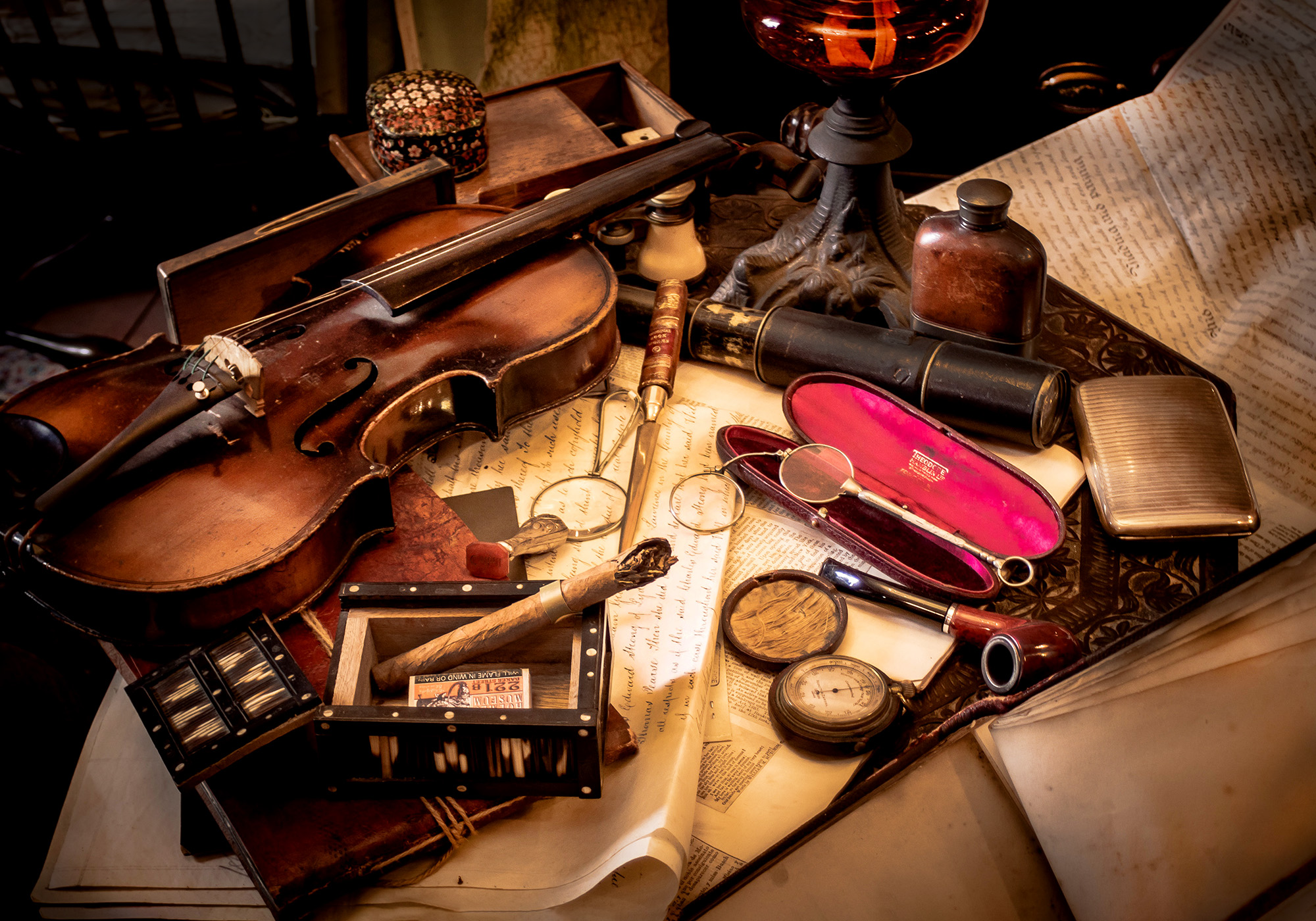
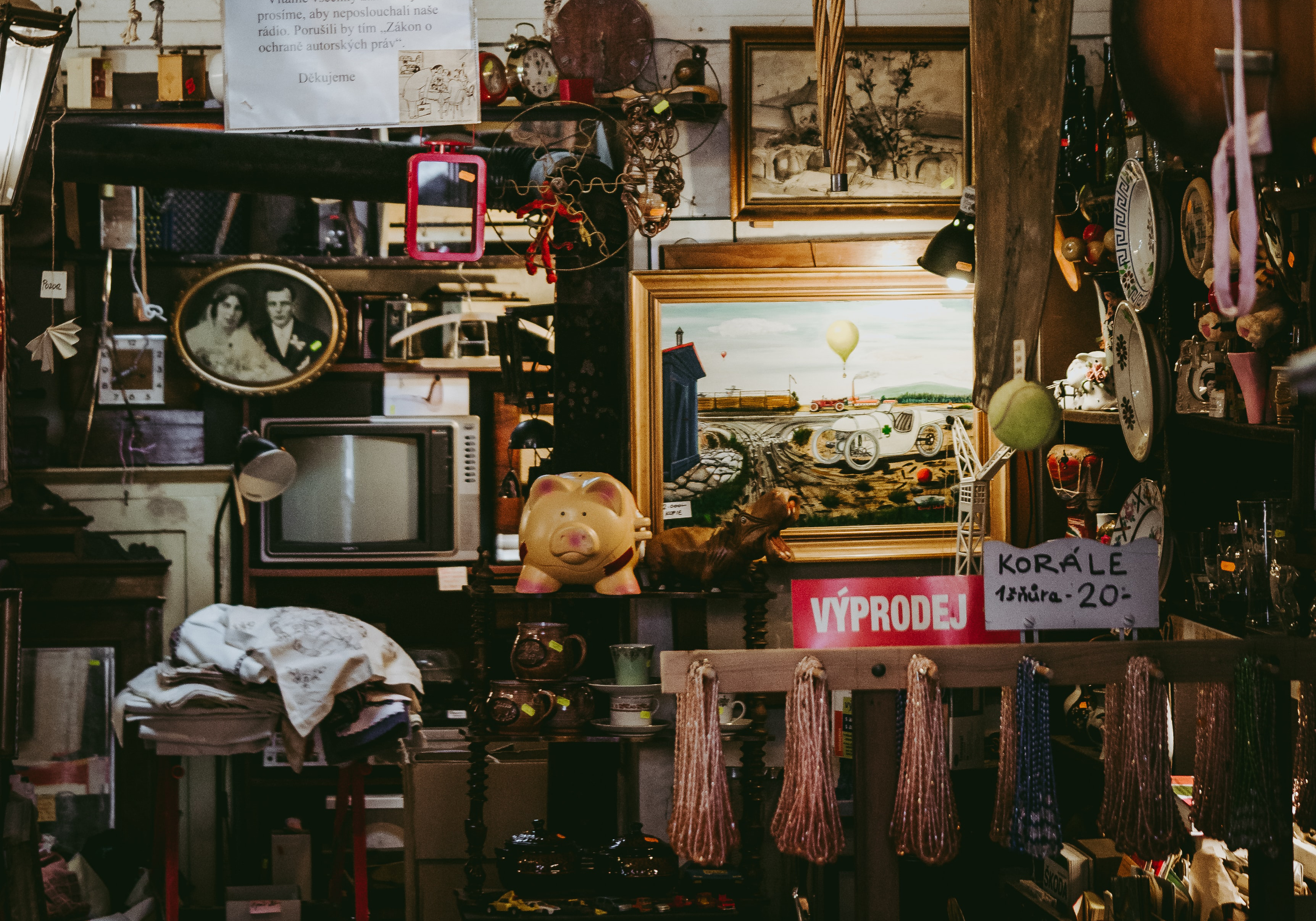
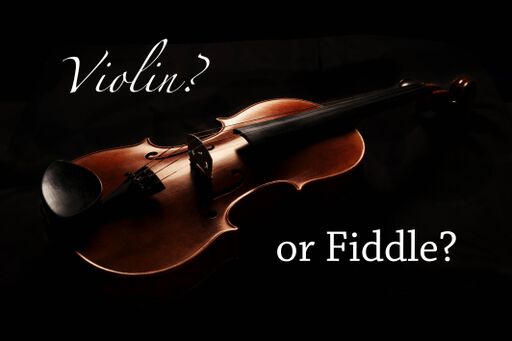
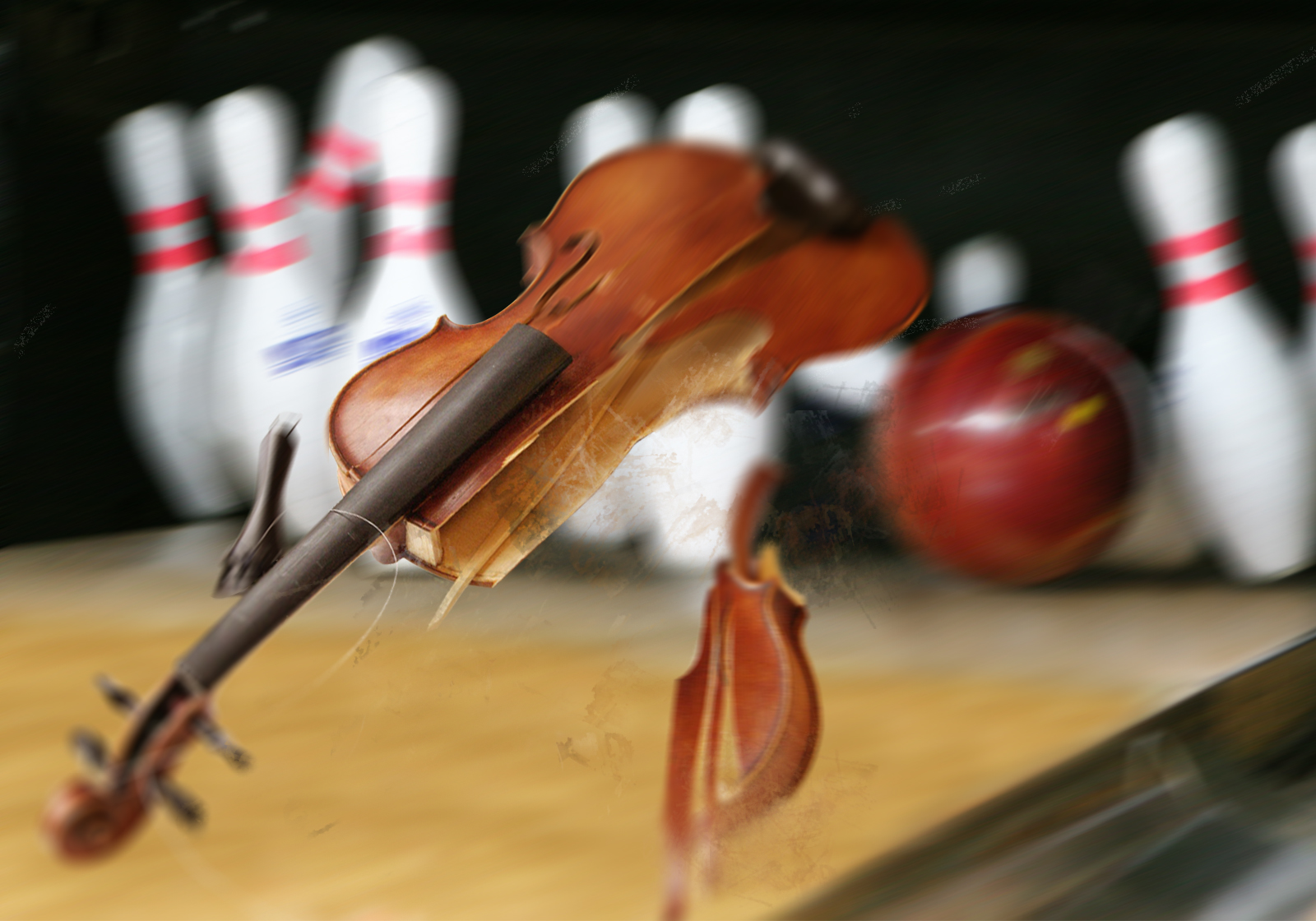
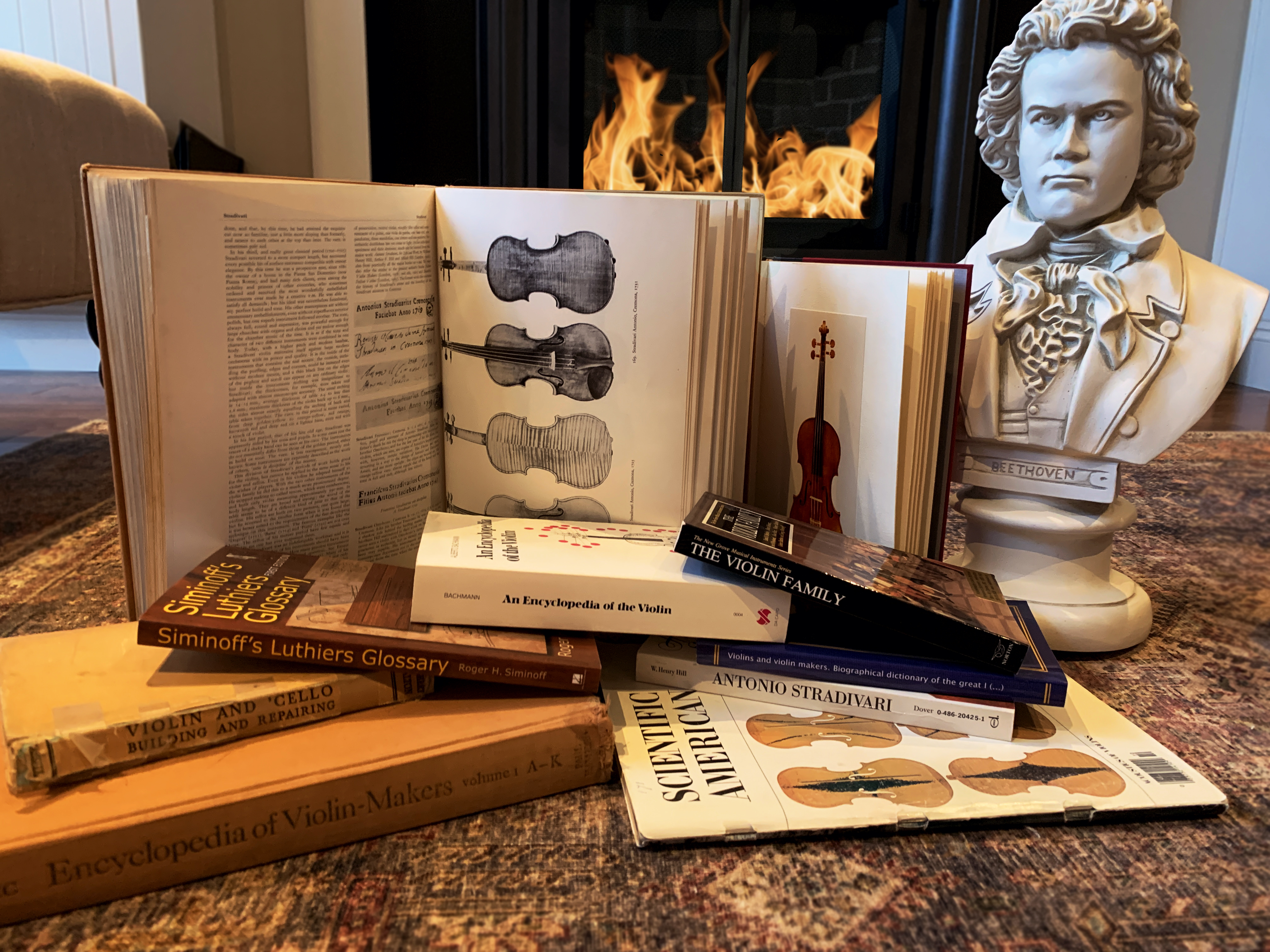
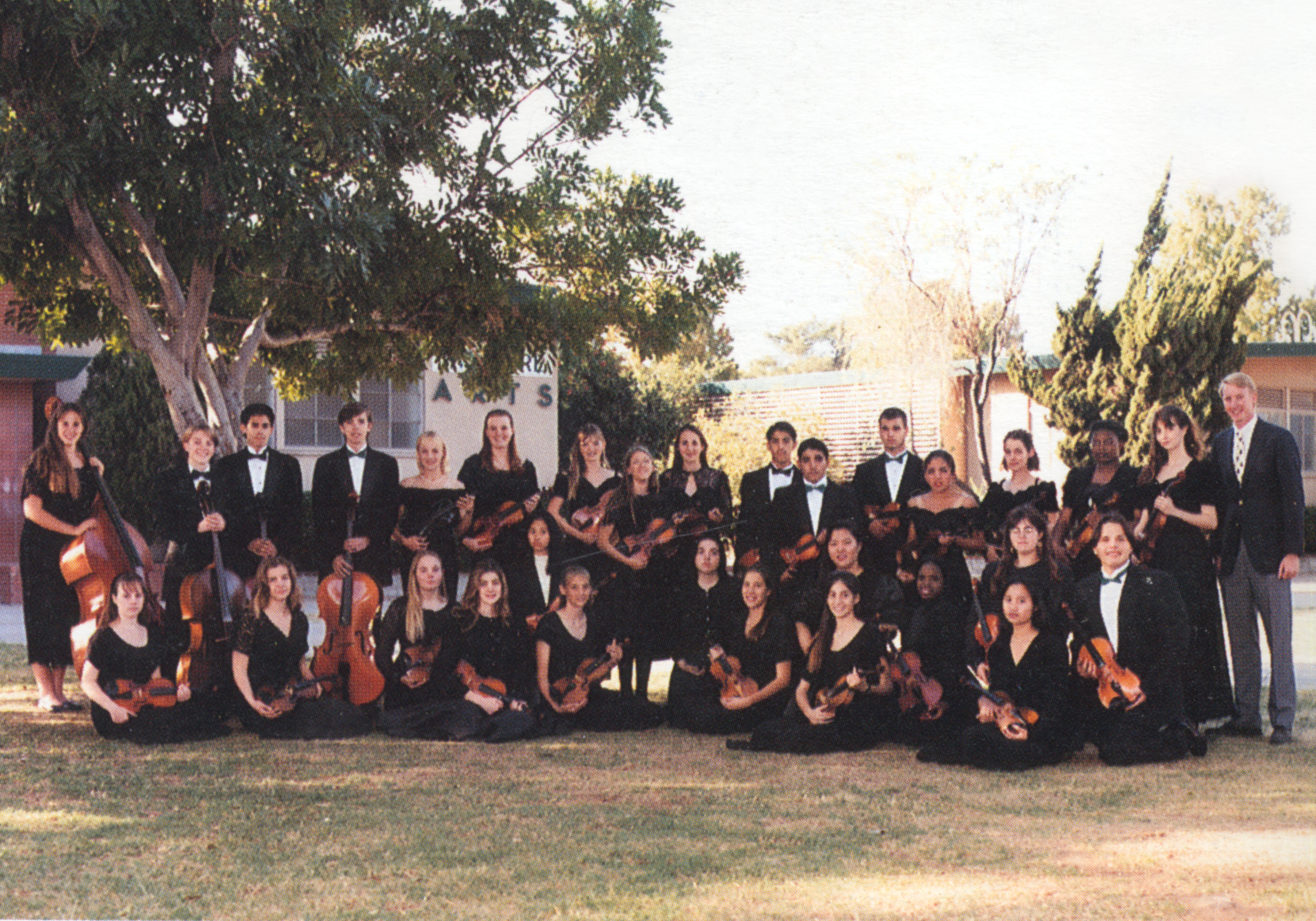
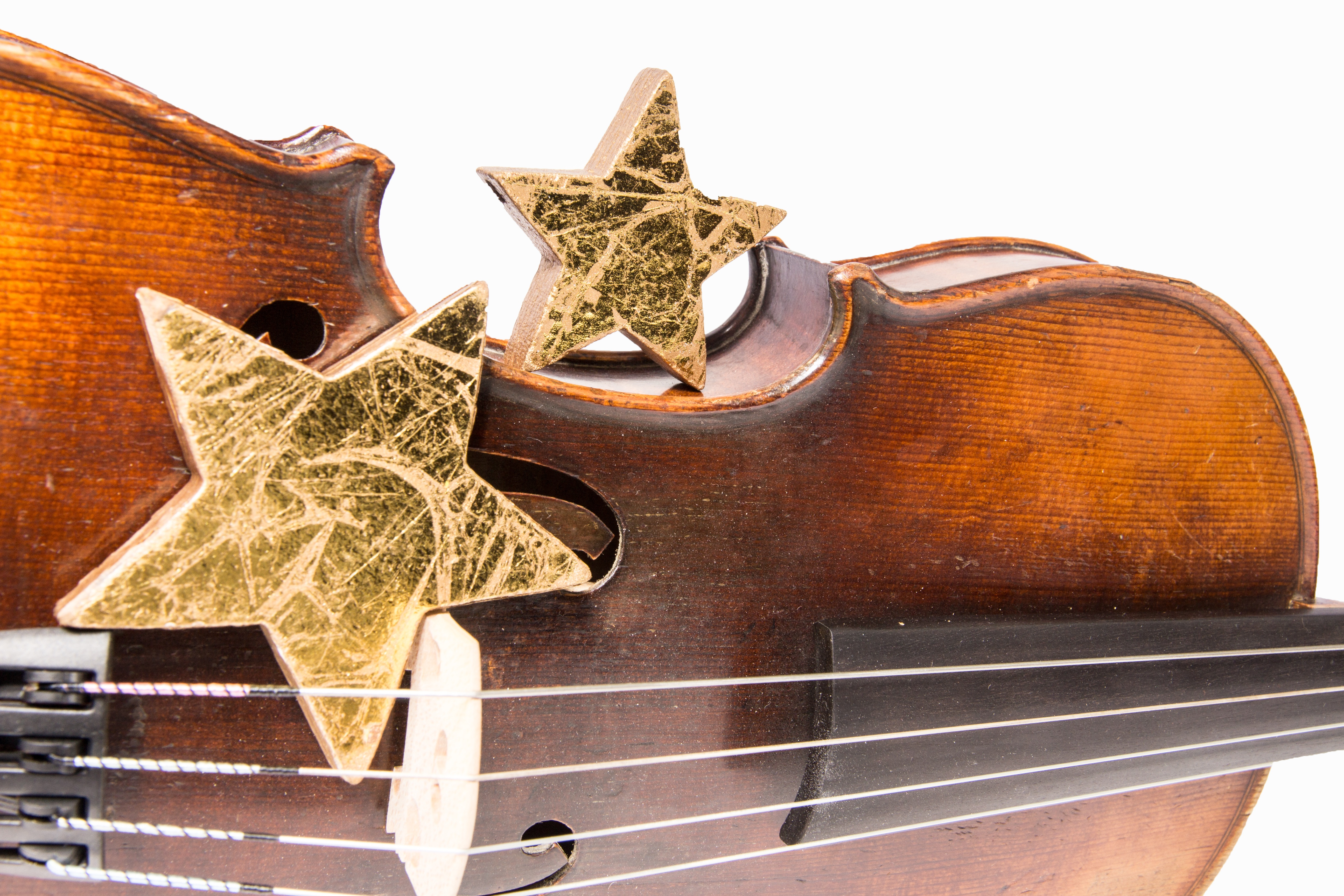
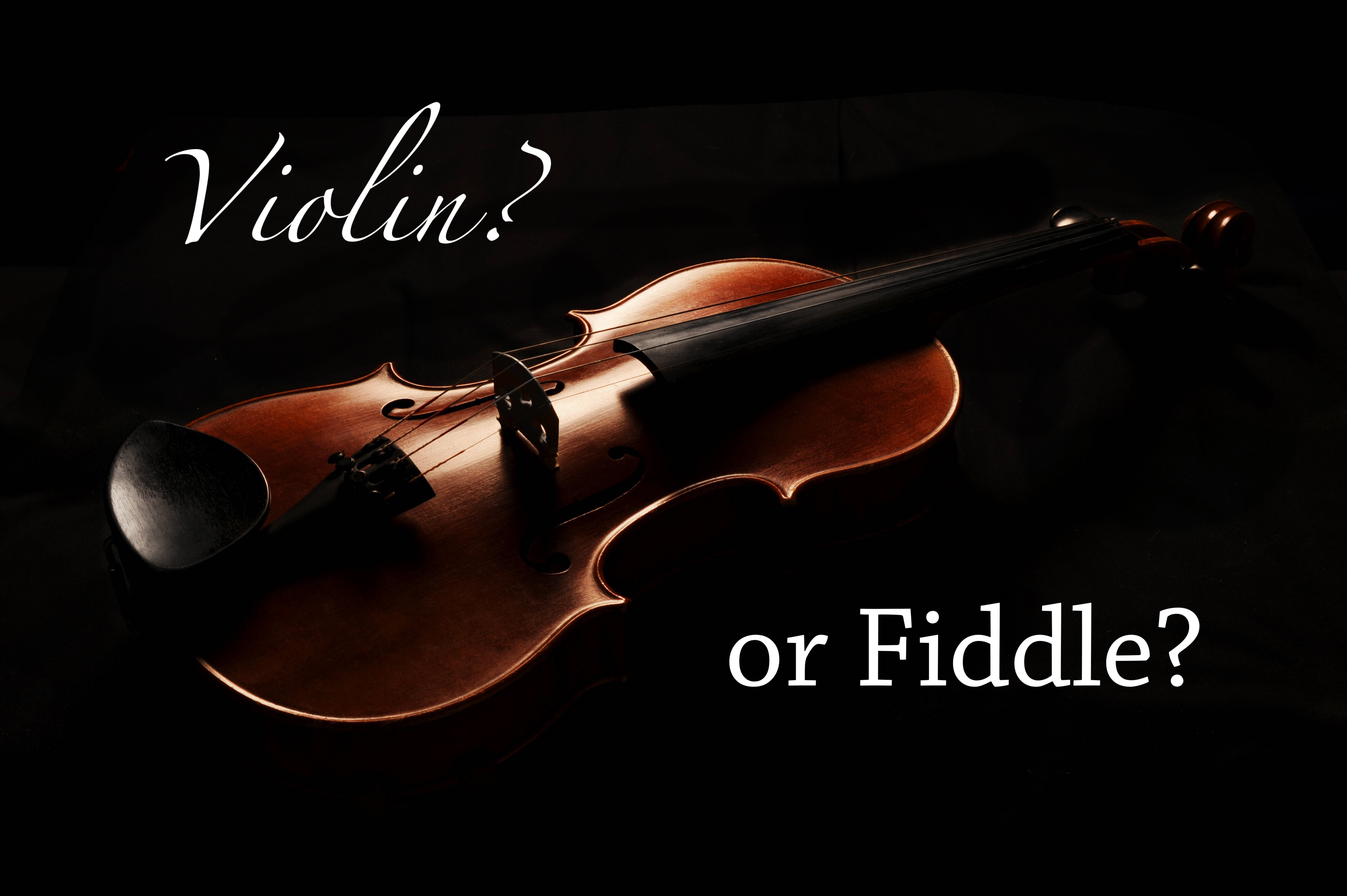
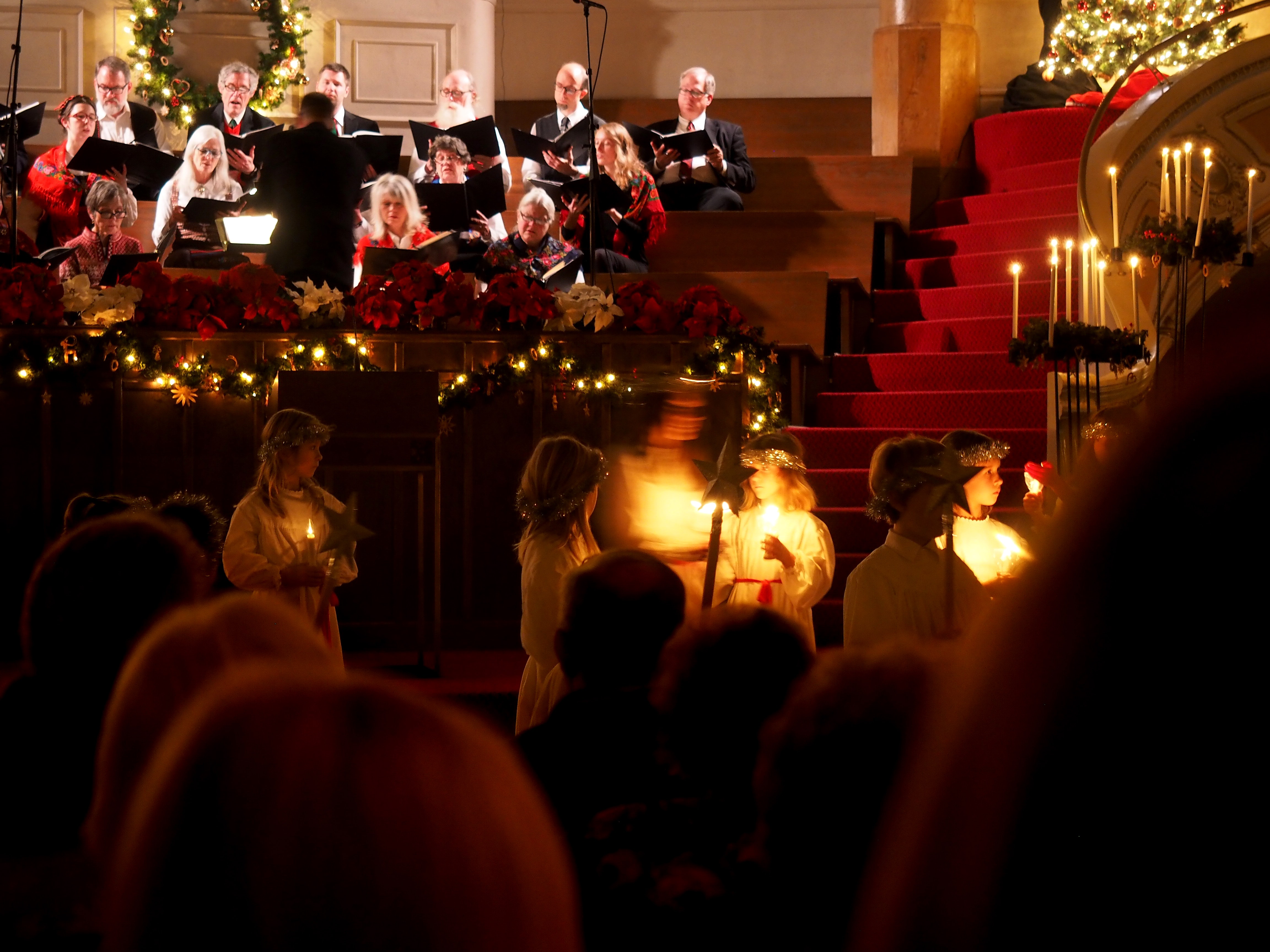
I`ve been looking up her stuff on youtube. She is one fantastic player. The opening of the Sibelius is just gorgeous. Also some of the best lh pizz around (see a stunning performance of Zigeunerweisen). Pity nobody seems clear how her nameis actually pronounced. TV seems divided between `How` and `Who.`
Cheers,
buri